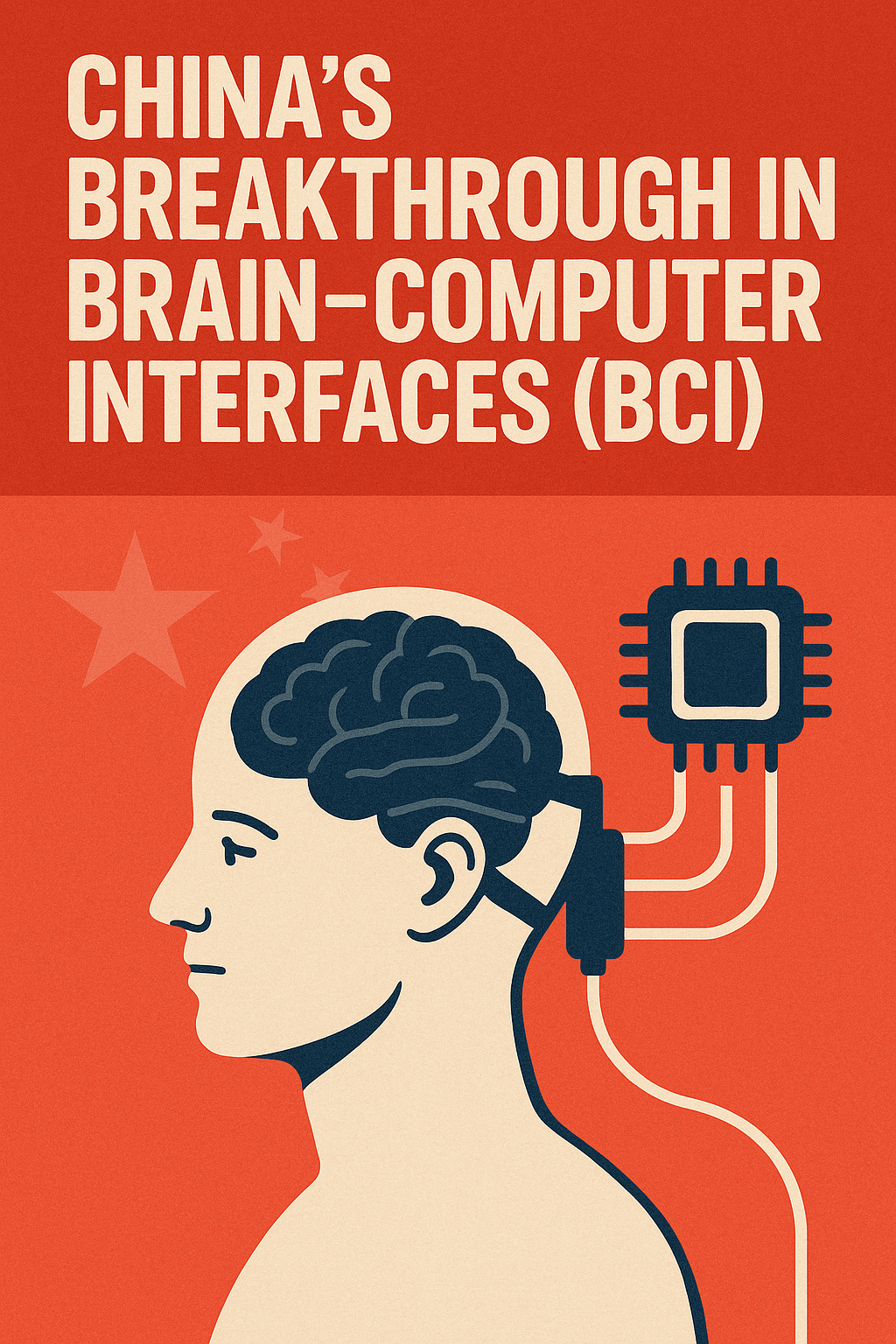In an era where artificial intelligence (AI) is reshaping industries, EY has taken a significant step forward by integrating cutting-edge AI technology into its global Assurance technology platform. Announced on April 9, 2025, this milestone marks the culmination of a groundbreaking US$1 billion, four-year investment, positioning EY as a leader in audit transformation. With over 160,000 audit engagements worldwide, this move is poised to redefine how audits are conducted, enhancing efficiency, accuracy, and trust in capital markets. As businesses and regulators grapple with rapid technological advancements, EY’s strategic integration of AI offers a glimpse into the future of assurance services. Let’s explore the implications, innovations, and potential challenges of this ambitious initiative.
A Milestone in a Four-Year Journey
EY’s announcement comes at the end of the third year of a transformative technology investment program launched in 2022. This US$1 billion commitment has already delivered over 100 capabilities and enhancements, with more than 30 new features rolled out in 2025 alone. The latest phase introduces AI at an unprecedented scale, embedding it into the core of EY’s Assurance platform. This platform supports a vast network of audit professionals, leveraging data-driven insights to elevate the quality and scope of audits. The timing is critical, as global businesses face increasing pressure to adapt to technological disruptions, regulatory changes, and demands for transparency.
The integration builds on EY’s existing technological backbone, including guided workflows and enhanced data integration. These additions, combined with AI, aim to streamline complex audit processes, reduce manual effort, and provide actionable insights. Marc Jeschonneck, EY Global Assurance Digital Leader, emphasized that this investment brings AI “right to the heart of the audit,” accelerating transformation and enhancing the firm’s appeal to top talent. This strategic focus reflects EY’s ambition to become the world’s most trusted AI-powered assurance provider, a bold claim that warrants scrutiny given the competitive landscape.
The Power of AI in Auditing
At the heart of this initiative is the deployment of generative AI (GenAI) and other advanced tools across EY’s global operations. One standout feature is EYQ Assurance Knowledge, which uses GenAI to assist auditors in conducting detailed searches and summarizing vast amounts of accounting and auditing content. This capability promises to save time and improve decision-making by providing quick access to vetted, subject-matter expertise. Another innovation, EY Intelligent Checklists with AI, leverages GenAI to recommend responses to disclosure checklist questions, ensuring compliance with accounting standards and legal requirements.
These tools are designed to complement human expertise rather than replace it, aligning with EY’s Responsible AI principles. These principles emphasize transparency, ethical usage, and access to reliable sources, ensuring that AI augments rather than undermines the auditor’s judgment. Paul Goodhew, EY Global Assurance Innovation & Emerging Technology Leader, highlighted that this launch is the first in a series of generative and agentic AI technologies, building on a strong foundation of integrated systems. This human-centered approach could set EY apart, but its success hinges on execution and adoption across its 160,000+ engagements.
The scale of this integration is staggering. By embedding AI into a platform that handles such a volume of audits, EY aims to analyze financial and non-financial data with greater precision, identifying risks and opportunities that might otherwise go unnoticed. This data-driven approach could revolutionize how audit committees and finance leaders perceive assurance, extending its scope beyond traditional financial reporting to include sustainability and broader reporting landscapes.
Enhancing Trust and Efficiency
The primary goal of this AI integration is to bolster trust in capital markets, a cornerstone of EY’s mission. By leveraging advanced analytics and AI, auditors can process billions of data points—such as the 680 billion lines of financial data analyzed annually by EY Helix—delivering more comprehensive insights. This capability is particularly relevant as regulators and stakeholders demand greater transparency in an increasingly complex business environment. The enhanced user experience, driven by intuitive workflows and AI-powered tools, also aims to make audits more efficient, reducing the burden on professionals and clients alike.
For audit teams, the benefits are tangible. The automation of routine tasks, such as checklist completion and content summarization, allows professionals to focus on higher-value activities like risk assessment and strategic advising. This shift could attract new talent to the field, addressing the industry’s ongoing skills shortage. However, it also raises questions about the long-term impact on jobs. While EY frames AI as a tool to enhance human capabilities, critics might argue that widespread automation could displace entry-level roles, a concern that warrants further exploration as the technology matures.
Challenges and Considerations
Despite its promise, this large-scale AI integration is not without challenges. The rapid pace of technological advancement poses a risk of obsolescence—tools developed today may need frequent updates to remain competitive. EY’s four-year investment plan suggests a forward-looking strategy, but the firm must remain agile to keep pace with emerging AI innovations from competitors like Deloitte and PwC, which are also investing heavily in digital transformation.
Data quality and governance are another critical concern. AI systems rely on accurate, comprehensive data to deliver reliable results. Any inconsistencies or biases in the data fed into EY’s platform could lead to flawed audits, undermining trust and exposing the firm to legal or reputational risks. EY’s Responsible AI framework addresses this by ensuring transparency and ethical use, but the effectiveness of these safeguards will depend on rigorous implementation and continuous monitoring.
Energy consumption is an emerging issue as well. As noted in recent industry discussions, AI’s growing appetite for computational power is raising sustainability concerns. While EY has not detailed the environmental impact of its AI platform, the firm’s commitment to building a better working world suggests it will need to address this challenge, possibly through energy-efficient technologies or carbon offset initiatives.
The Competitive Landscape and Industry Impact
EY’s move places it at the forefront of a competitive race among the Big Four accounting firms to harness AI for assurance services. Deloitte’s recent investments in AI-driven analytics and PwC’s focus on blockchain integration indicate a broader industry shift toward technology-enabled auditing. EY’s alliance with NVIDIA for its EY.ai Agentic Platform, announced in March 2025, further strengthens its position by leveraging cutting-edge hardware and reasoning models. This collaboration aims to deploy 150 AI agents supporting 80,000 professionals, surpassing 3 million tax compliance outcomes annually—a testament to the scale of EY’s ambition.
This trend extends beyond the Big Four. Smaller firms and tech startups are also exploring AI tools, creating a fragmented yet innovative market. EY’s global reach and resources give it an edge, but the democratization of AI technology could level the playing field, challenging its dominance. The industry’s evolution may also prompt regulators to update auditing standards, potentially introducing new requirements for AI usage that EY will need to navigate.
A Vision for the Future
Looking ahead, EY’s AI integration sets the stage for the next phase of its technology investment. The firm plans to capitalize on AI’s rapid growth, refining its services to meet evolving client needs. This could include expanding AI applications to areas like cybersecurity, sustainability reporting, and predictive analytics, further broadening the scope of assurance services. For clients, this means more proactive insights and tailored solutions, while for EY professionals, it offers opportunities to upskill in AI-driven methodologies.
The broader implications for the business world are significant. As companies increasingly rely on AI for decision-making, audits will need to evolve to assess these systems’ integrity. EY’s platform could become a benchmark, influencing how other firms approach AI in auditing. However, success will depend on balancing innovation with reliability, ensuring that AI enhances rather than compromises the human judgment at the core of auditing.
A Transformative Step Forward
EY’s large-scale integration of leading-edge AI technology into its global Assurance platform is a bold and transformative step. By investing US$1 billion over four years and rolling out over 30 new capabilities in 2025, the firm is redefining audit efficiency, trust, and scope. Features like EYQ Assurance Knowledge and Intelligent Checklists promise to streamline processes and empower professionals, while the Responsible AI framework addresses ethical concerns. Yet, challenges such as data quality, energy consumption, and competitive pressures loom large, requiring vigilant management.
As of April 10, 2025, this initiative positions EY as a pioneer in the AI-driven audit revolution, with the potential to shape the future of capital markets. For businesses, it offers a pathway to greater transparency; for auditors, a chance to embrace cutting-edge tools; and for the industry, a new standard to aspire to. While the full impact remains to be seen, EY’s commitment to innovation signals a future where AI and human expertise converge to build a better working world—one audit at a time.



